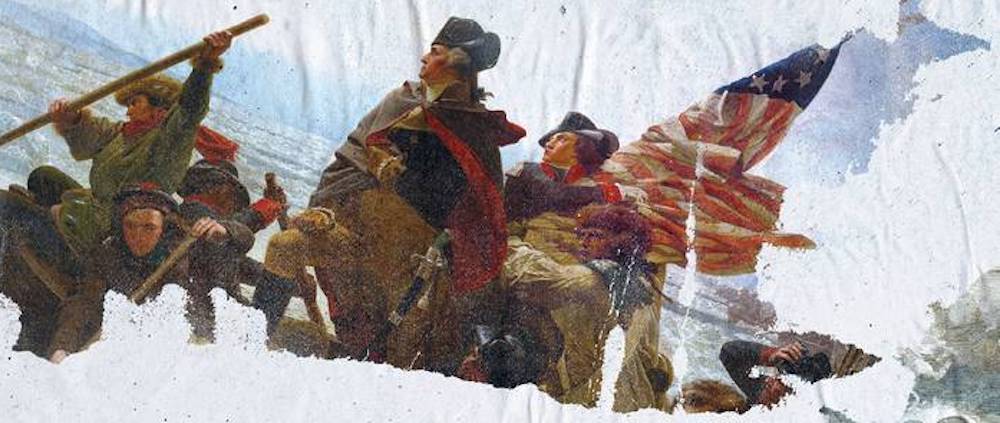This marks a veritable baker’s dozen of Guinness books I’ve read. None of the thirteen have been duds, though I certainly have my favorites. Guinness has authored about thirty-five books along with being the lead drafter for the Williamsburg Charter and the Global Charter of Conscience. He is widely sought out as a speaker and commentator.
Login to read more
Sign in or create a free account to access Subscriber-only content.
Topics:
